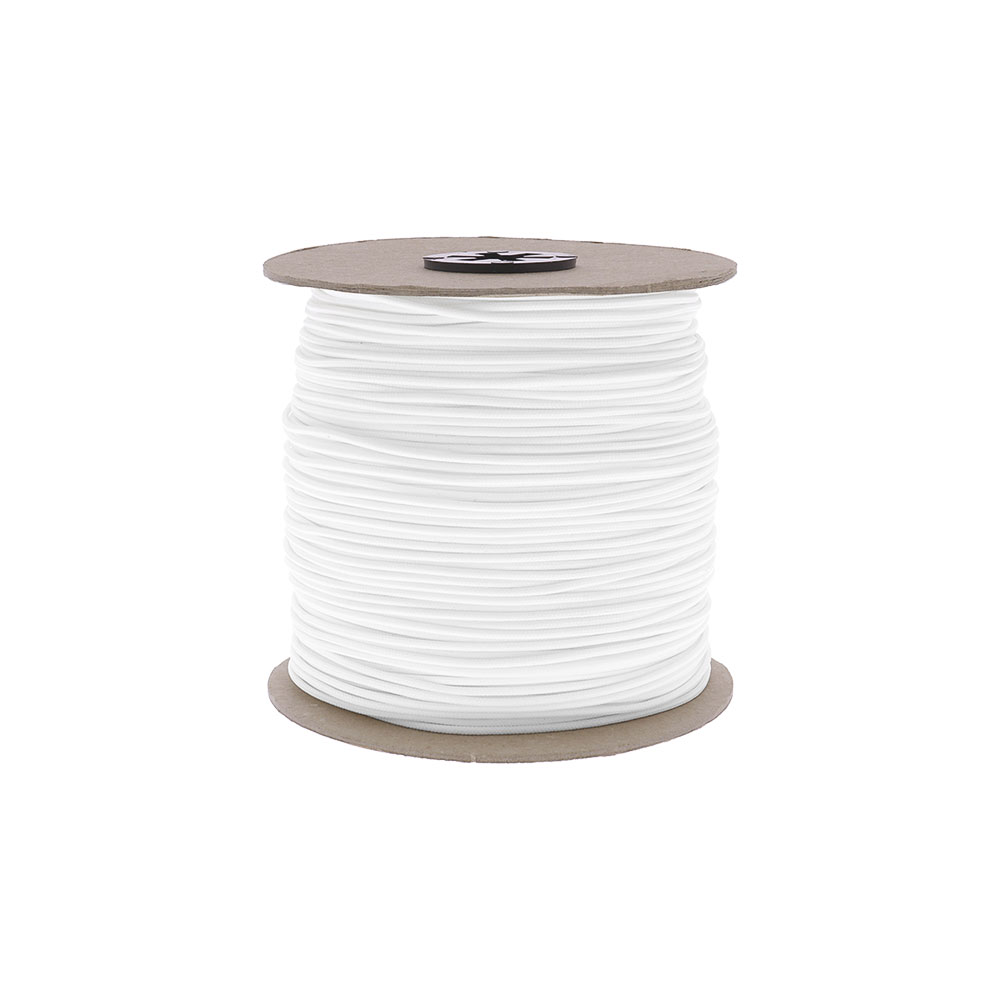Hi guys,
I looking for suggestions for guideline to use in a highly corrosive cave.
Some months ago I found myself replaced some kilometers of #24 line that was originally installed in 2004 and 2015. After 20-9 years it was not even possible to reel the line in, it broke with any tension on the line, and was really hard to reel back in as it constantly needed repairs to get onto the reel. I usually use #18 on my exploration reels but in this particular cave that would probably not last very long, but it is what it is replaced with right now.
I'm not entirely sure about the chemical profile of the water in this cave, but since all the brass turns black and it smells like rotten eggs I'm pretty sure a big part of the corrosive nature of this cave is due to the (VERY) high amount of hydrogen sulfide. But there might be other natural chemicals at play as well, as no other place with just H2S is this bad in my experience. Nylon and H2S should not be very reactive but it does interact according to charts i found online. But I'm not sure what other material would work any better than the current nylon line.


If any one have experiences installing line in caves with moderate flow that is also highly corrosive I would love to hear your experiences of what line you ended up using.
I looking for suggestions for guideline to use in a highly corrosive cave.
Some months ago I found myself replaced some kilometers of #24 line that was originally installed in 2004 and 2015. After 20-9 years it was not even possible to reel the line in, it broke with any tension on the line, and was really hard to reel back in as it constantly needed repairs to get onto the reel. I usually use #18 on my exploration reels but in this particular cave that would probably not last very long, but it is what it is replaced with right now.
I'm not entirely sure about the chemical profile of the water in this cave, but since all the brass turns black and it smells like rotten eggs I'm pretty sure a big part of the corrosive nature of this cave is due to the (VERY) high amount of hydrogen sulfide. But there might be other natural chemicals at play as well, as no other place with just H2S is this bad in my experience. Nylon and H2S should not be very reactive but it does interact according to charts i found online. But I'm not sure what other material would work any better than the current nylon line.
If any one have experiences installing line in caves with moderate flow that is also highly corrosive I would love to hear your experiences of what line you ended up using.






